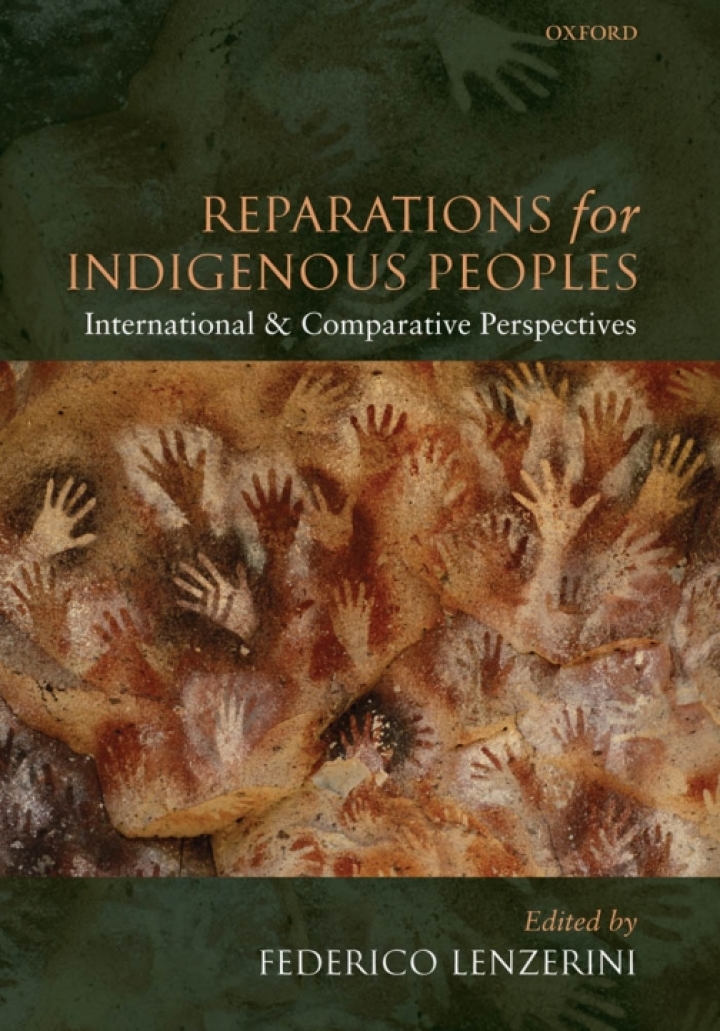Reparations for Indigenous Peoples 1st Edition International and Comparative Perspectives
$26.00
Attention: This is just ebook, Access Codes or any other Supplements excluded! / File Delivery: Sent Via Email within 24 hours!
SKU: 678cd934e849
Category: Law Textbooks
Description
-
Author(s)Federico Lenzerini
-
PublisherOUP Oxford
-
FormatPDF
-
Print ISBN
9780199235605, 0199235600 -
eText ISBN
9780199235605, 0199235600 -
Edition1st
-
Copyright
- Details
Published in concomitance with the adoption of the United Nations Declaration on the Rights of Indigenous Peoples, this volume brings together a group of renowned legal experts and activists from different parts of the world who, from international and comparative perspectives, investigate the right of indigenous peoples to reparation for breaches of their individual and collective rights. The first part of the book is devoted to general aspects of this important matter, providing a comprehensive assessment of the relevant international legal framework and including overviews of the topic of reparations for human rights violations, the status of indigenous peoples in international law, and the vision of reparations as conceived by the communities concerned. The second part embraces a comprehensive investigation of the relevant practice at the international, regional, and national level, examining the best practices of reparations according to the ideologies and expectations of indigenous peoples and offering a comparative perspective on the ways in which the right of these peoples to redress for the injuries suffered is realized worldwide. The global picture painted by these contributions provides a view of the status of relevant international law that is synthesized in the two final chapters of the book, which include a concrete example of how a judicial claim for reparation is to be structured and prescribes the best practices and strategies to be adopted in order to maximize the opportunities for indigenous peoples to obtain effective redress. As a whole, this volume offers a comprehensive vision of its subject matter in international and comparative law, with a practical approach aimed at supporting legal academics, administrators, and practitioners in improving the avenues and modalities of reparations for indigenous peoples.
Related products
-
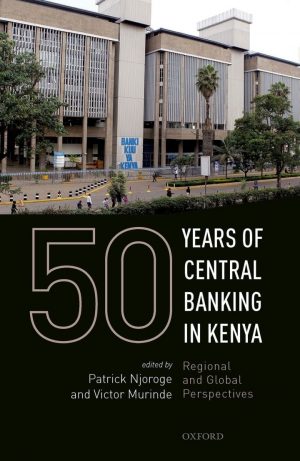
50 Years of Central Banking in Kenya
Rated 0 out of 5$40.62 Add to cart -
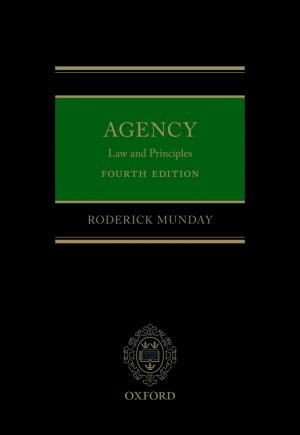
Agency 4th Edition Law and Principles
Rated 0 out of 5$53.62 Add to cart -
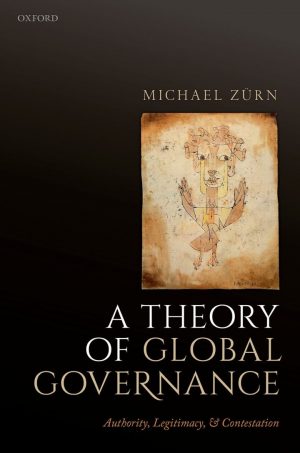
A Theory of Global Governance Authority, Legitimacy, and Contestation
Rated 0 out of 5$12.35 Add to cart -
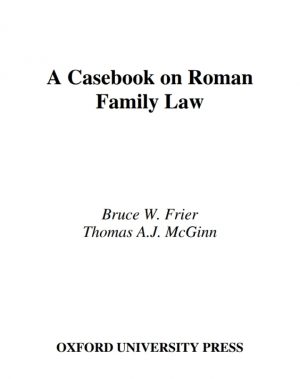
A Casebook on Roman Family Law
Rated 0 out of 5$28.60 Add to cart

